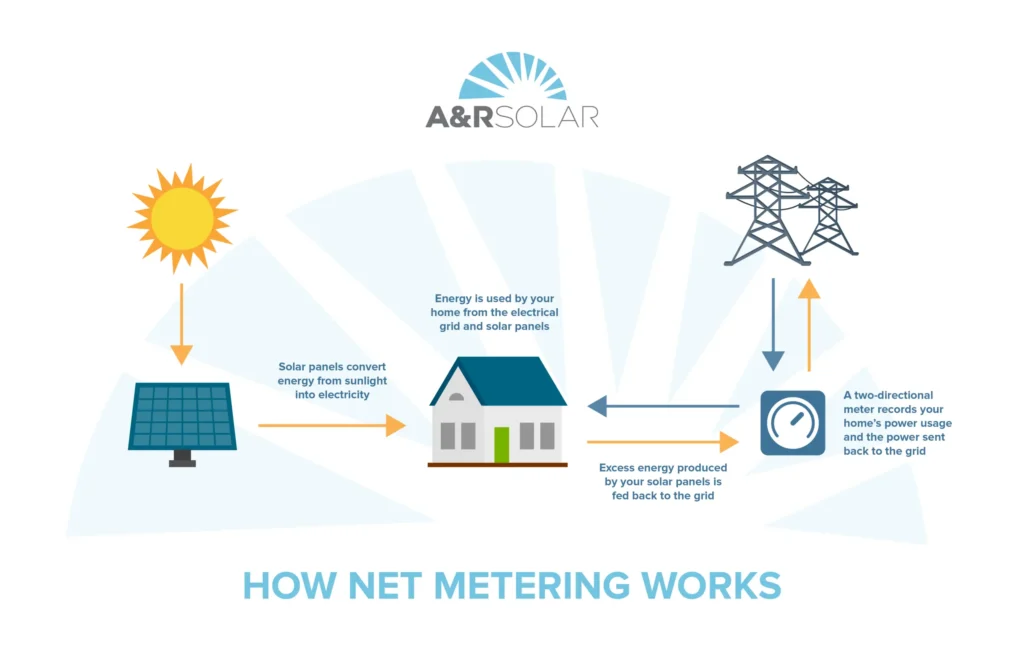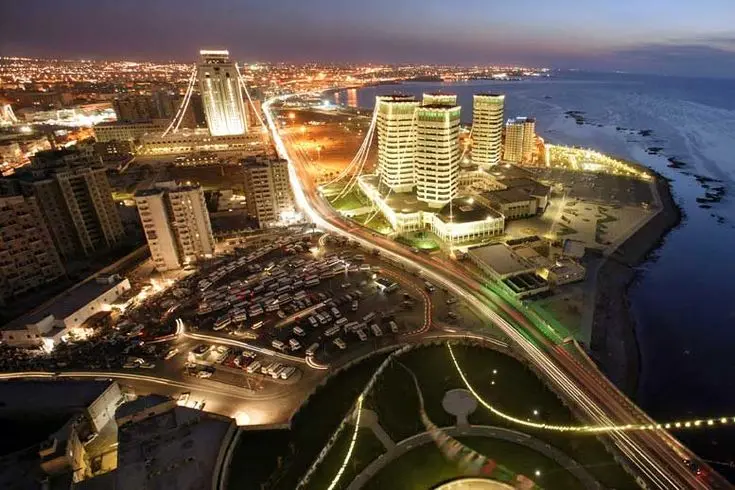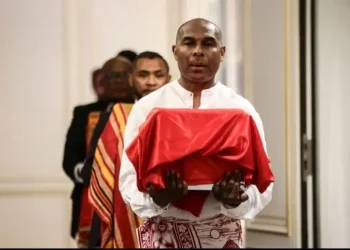Energy is the heartbeat of the modern-day world. It contributes to the growth of all the countries in the world, from powering industries to enhancing the quality of life around the globe.
When the term “ENERGY” is mentioned, it could mean various things or even take copious forms. For example, fossil fuels like petroleum and natural gas, renewable energy like wind and solar, and many more. However, when considering the fundamental need for illumination, “ELECTRICITY” takes center stage
The discovery of electricity by Benjamin Franklin and Micheal Faraday also contributed by discovering the laws of electromagnetism and Thomas Edison inventing the light bulb in the 19th century -100 years after electricity was discovered.
These discoveries and inventions transformed human history, driving remarkable global economic, cultural & social advancement. On the other hand, several decades after the discovery of electricity followed by unprecedented inventions surrounding electricity, millions of Africans still struggle with reliable electricity. Statistics show that many African communities do not have access to even 5 hours of electricity supply daily.
The purpose of this article is to discuss electricity being the key to illuminating Africa as a continent. This article will discuss the challenges, opportunities, the current state of energy access by the common man, and the innovative solutions to solve the energy distribution and expansion in Africa.
There is a big difference in Africa’s electricity situation across the continent. Only a few countries in Africa (4) have access to a relatively steady power (electricity) supply. The remaining 50 countries cannot boast of a regular/steady power supply.
Statistics:
- Africans who lack access to electricity are over 600 million according to IEA, 2022.
- Africa has only reached a 45% electrification rate compared to the 90% global rate according to World Bank, 2022.
- Rural areas in Africa get 22% access to power (electricity) supply according to IEA, 2022.
- Most urban areas face unreliable power (electricity) supply as well caused by weather or grid.
Regional statistic:
- In Northern Africa, there is a 95% electrification rate.
- In Southern Africa, there is a 60% electrification rate.
- In Eastern Africa, there is a 35% electrification rate.
- In Western Africa, there is a 30% electrification rate.
- In central Africa, there is a 25% electrification rate.
Challenges:
- Limited power (electricity) generation capacity.
- Inadequate power (electricity) transmission and poor state of distribution infrastructure.
- High cost of energy, higher than 15% of minimum wage in some regions.
- High corruption rate and inefficiency in the power (electricity) sector.
- Lack of beneficial investment.
- Deprivation of power (electricity) supply to rural communities.
- Lack of enough data such as population data of communities access to the energy supply and usage.
Opportunities to explore to improve the power sector:
- Investment in various renewable energy potentials such as solar, wind, and hydro.
- Provision and investment in the off-grid solutions like the mini, grid.
- Open the sector to private investment.
- Exploring regional cooperation and integration
- Investing in advanced technologies such as smart grid systems and energy storage.
One of the key solutions to Africa’s electricity challenges is net metering. If African leaders welcome the idea of net metering, the issue of electricity access will become a thing of the past in a few years.
What is Net Metering?
This is simply a policy that allows communities, business owners, households, and individuals to generate their own power (electricity). It has to be via environmentally friendly means like solar and wind. After generating the energy, the excess is exported to the grid. So, this way consumers get credits for the excess energy sent to the grid, reducing the cost of electricity.

Benefits of net metering for Africa:
- Net metering reduces the reliance on the grid as the main source of power supply to most community.
- Net Metering encourages communities, businesses, and individuals to use renewable energy such as wind and solar power by offering incentives to the generators.
- Reduction in electricity tariff/cost and promotes energy independence.
- A moderate power supply from the grid will stabilize the grid and reduce pressure on other distribution infrastructure.
- Net metering will possibly create jobs and attract both foreign and local investment.
Net Metering implementation in Africa:
- Leaders in Africa should set up clear policies and regulatory bodies for Net metering operation.
- The grid infrastructure across all African regions should be modernized to accommodate decentralized energy generation and supply.
- The government should offer low-interest loans to get solar or wind energy generation setups for businesses and households, an incentive for excess energy sent to the grid.
- The government should train technicians, policy makers and end consumer for proper implementation of Net metering.
- The government should set up a committee to monitor the progress, identify challenges in the operation of Net metering, and more.
Conclusion
In conclusion, the problem of electricity requires the collective effort of each African region leader and its people. Also, it requires innovative solutions.
Furthermore, with the adoption of Net metering by African leaders, there will be a practical increase in energy access in both rural and urban areas. With appropriate policies and investment in Net metering infrastructure, the vast potential of Net metering can be unlocked.






